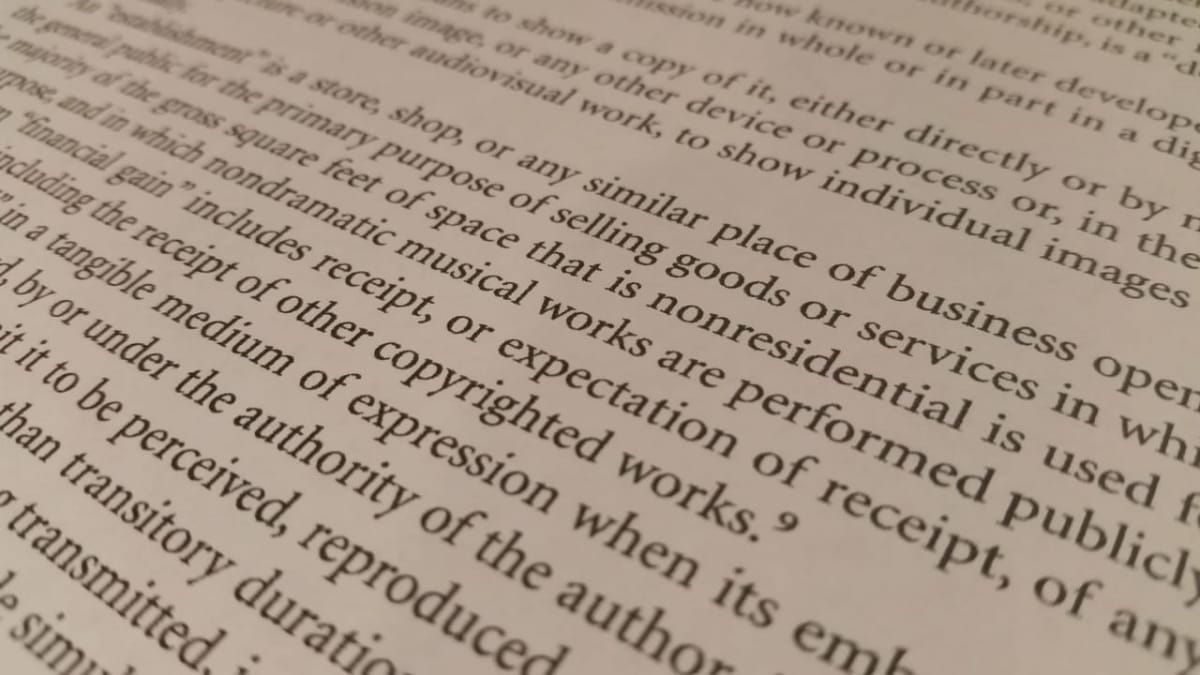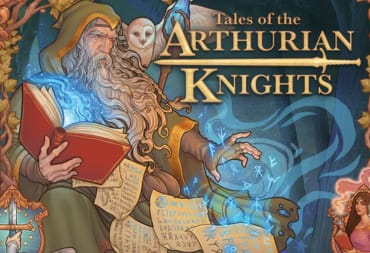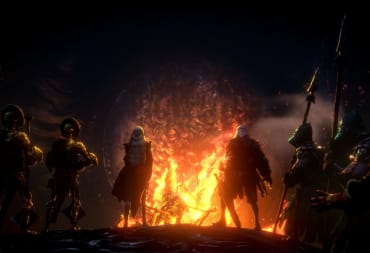The Pokémon Uranium fan game has stopped all development for reasons unknown. It is the latest in a long line of fan-made games of popular properties that found itself it legal hot water by way of a DMCA or Cease & Desist notice. First, it received multiple takedown notices from Nintendo resulting in them removing all download links from their site. On September 21st, Pokémon Uranium ceased all development. A planned companion game (in the style of all Pokémon games releasing in pairs) appears not likely to happen. Nine years of development down the drain, just like that.
This pattern has happened time and time again in the gaming world. Another Metroid 2 Remake was hit with a DMCA by Nintendo (and later made available for download again through other channels). CCP Games put the kibosh on a fan remake of Vampire The Masquerade - Bloodlines. Indie game service Game Jolt saw over 500 games taken down after a complaint by Nintendo. These are just some recent examples. Fan games have had a shaky history of either being hit with legal action prior to their release or immediately afterward.
Does this mean that making fan games are a futile effort doomed to oblivion by way of DMCA complaints and Cease & Desist notices? No, but the developers have to be much smarter about it.
Bear in mind going forward that I am not a lawyer. This is not legal advice. This is merely my opinion as a layman based on my observation of the history of gaming and legal actions involving fan games. If you really want to know for certain, spend the money to contact a lawyer and get their advice. Even then, you might still end up facing a DMCA because copyright law is such a convoluted mess.
First, as far as United States copyright law is concerned, you cannot copyright the ideas or gameplay behind a game. You can make a monster-catching game called Palm Creatures that closely replicates the gameplay of Pokémon and you'll probably be fine. Nintendo probably won't do anything about it as long as you don't use any copyrighted material (arts, assets, etc.) from existing games or recreate things that are extremely similar. To my knowledge, all of the notable cases with Nintendo fan games hit with a DMCA have made use of copyrighted assets or trademarks.
Secondly, trademarks are highly protected. In fact, trademark law is handled much more aggressively due to the possibility that you can lose it if the trademark becomes diluted. Some companies take their legal actions a bit too aggressively to protect their trademarks, but it's understandable considering the risks. Companies will go after anyone using one of their trademarks very aggressively purely on the possible risk of losing it one day.
The go-to example of cloning games has to be Tetris. Using the name "Tetris" can get you in legal hot water, but making a game where you connect tetrominoes to clear lines is perfectly fine save for a case where a clone was met with an infringement claim with very narrow, specific terms in 2012. Aside from this one case, there are thousands of clones of Tetris floating around out there on mobile phones, websites, and even as Easter eggs in programs such as the uTorrent client. You could release a Tetris clone today for free and you'll probably never see a DMCA complaint.
I believe there are two elements that form the core of what we love about games: the story and the mechanics. Stories are comprised of original characters (with art, voice acting, written dialogue, and more). Game mechanics are the moving parts of a game. As a broad, general rule: stories are protected by copyright and trademark law and game mechanics are not. In short, avoiding copyrighted material and avoiding using trademarks will almost completely immunize fan games from a DMCA, Cease & Desist, or other legal action. If you're working on a fan project right now (or you're just thinking about one), please give up any ideas of making Metroid: The New Adventure. Developers of fan games need to avoid these things if they don't want to flush all of their work down the toilet.
If you avoid trademarks and copyrighted materials, you can almost certainly make your fan game and make money doing it. Sure, a lot of people are in this for the love of it, but domains and servers have costs. You might need to hire contractors if you can't find volunteers to make art or do voice acting. Heck, you might just want to put a bit of cash in your pocket for all the work you've put in. Do it the right way and you can do it for a profit. The proof is in games like Stardew Valley (which I reviewed and absolutely loved), which are heavily based on its predecessors with nary a legal issue in sight as far as we know.
Let's say that you're still hellbent on making a fan game featuring copyrighted characters and/or assets from existing titles. Legally, you have no right to do this within the current framework of our system unless the developer explicitly gives you permission to do so. Some companies have been nice enough to grant it, but most will lay out a long list of conditions on any sort of fan works (such as this example of guidelines by Epic Games).
If you don't get permission and you want to do it anyway, the only real thing you can do is stay dead silent about it. Don't attach your name to it. Don't register a website. Don't advertise it. And most importantly, don't commit the ultimate sin in terms of copyright law and try to profit off a fan game using copyrighted content. You will be buried under a mountain of legal paperwork that you couldn't work your way through with a flamethrower and a generous amount of gas.
Unfortunately for all, the law is immensely complex on this matter. Even if you have infringed on zero copyrights or trademarks you might still end up in court. If you truly wish to inoculate yourself against these claims, well ... you can't. Even an outright frivolous lawsuit will have its day in court (and then be summarily dismissed). However, avoiding copyrighted materials and trademarks has the potential to reduce the chances of a legal takedown. Making your game mechanically different in a few ways can possibly add another layer of protection.
Fan games are ultimately a work of love by some of the most dedicated fans in the world. Some companies appreciate fan games to a degree. but they all have their business interests to protect and they will act in that capacity first and foremost. Whatever you do, be smart about it so your game actually has a chance at seeing the light of day.
Do you think companies should have the right to stop people from making a free fan game that uses their trademarks or copyrights? Would you play a fan game if it didn't share the same exact name and characters as the series proper? Let us know in the comments below!
Have a tip, or want to point out something we missed? Leave a Comment or e-mail us at tips@techraptor.net












